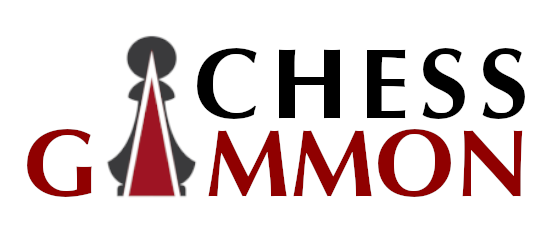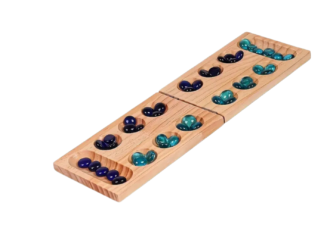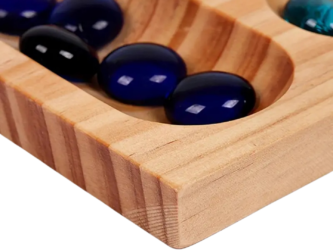Mancala
Mancala is one of the oldest known board games, captivating players for centuries with its blend of strategy, skill, and simple rules. Originating in Africa, Mancala has numerous variations worldwide, making it a beloved game for people of all ages. In this article, we’ll explore the history, rules, strategies, and the enduring appeal of Mancala.
What is Mancala?
Mancala refers to a family of board games that involve moving stones or seeds around a board with the aim of capturing more pieces than your opponent. The game is typically played on a wooden board featuring pits or holes where the pieces are placed. The objective is to collect the most stones in your “store” or “mancala” at the end of the game.
The History of Mancala
Mancala’s roots can be traced back over 1,500 years, with evidence of its play found in ancient Egypt, Ethiopia, and other parts of Africa. The game has since spread to the Middle East, Asia, and the Americas, evolving into various forms such as Oware, Kalah, and Congkak. Despite regional differences, the core mechanics of Mancala remain the same, emphasizing strategy and forward-thinking.
How to Play Mancala: Basic Rules
Mancala can be played by two players, and while the exact rules may vary by version, here’s a general overview:
- Setup: Each player starts with a row of pits filled with a set number of stones (often 3 or 4) and an empty store on their side of the board.
- Taking Turns: Players take turns picking up all the stones from one of their pits and distributing them counterclockwise into the other pits and their store.
- Capturing Stones: If the last stone you place lands in an empty pit on your side, you can capture the stones in the opposite pit.
- Winning the Game: The game ends when one player has no stones left in their pits. The player with the most stones in their store wins.
Strategies for Winning at Mancala
While Mancala is often seen as a game of chance, employing strategies can significantly enhance your chances of winning:
- Control the Board: Aim to maintain control over the game by managing the number of stones in your pits effectively.
- Plan Ahead: Always think a few moves ahead. Anticipate your opponent’s moves and adjust your strategy accordingly.
- Utilize Captures: Look for opportunities to capture your opponent’s stones, which can help swing the game in your favor.
- Keep Your Pits Balanced: Try to keep a balanced number of stones across your pits to ensure you have options during your turn.
The Appeal of Mancala
Mancala’s timeless appeal lies in several key factors:
- Accessibility: With simple rules and straightforward gameplay, Mancala is easy to learn for players of all ages.
- Social Interaction: The game fosters conversation and friendly competition, making it a great choice for gatherings.
- Cultural Significance: As a game with deep historical roots, playing Mancala connects players to a rich cultural heritage.
- Endless Variations: With numerous versions available, players can enjoy different styles and strategies, keeping the game fresh and exciting.
Conclusion
Mancala is more than just a game; it’s a strategic challenge that has entertained and educated players for generations. Its blend of simplicity and depth ensures it remains a favorite in homes, schools, and game nights. Whether you’re a seasoned player or new to the game, Mancala offers endless fun and opportunities for strategic thinking. So gather your friends or family, set up the board, and dive into the world of Mancala today!









